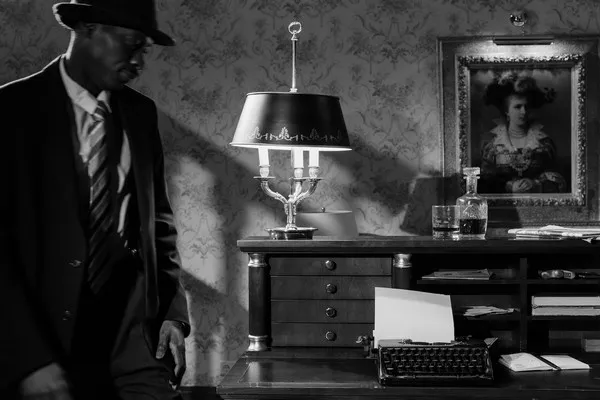Los Angeles, August 8, 2023 – William Friedkin, the visionary filmmaker who left an indelible mark on cinema with his impactful storytelling and genre-defining works, has passed away at the age of 87. Friedkin’s contributions to the film industry include iconic movies such as “The French Connection” and the groundbreaking horror classic “The Exorcist.” His demise marks the end of an era in Hollywood.
Having garnered acclaim and accolades, Friedkin secured his place as one of the premier filmmakers of his time. He received an Academy Award for best director for his masterful work on “The French Connection.” On Monday, Friedkin’s final moments came to a close in Los Angeles. Marcia Franklin, his devoted executive assistant of 24 years, conveyed the news on behalf of his family and his wife, former studio executive Sherry Lansing.
Friedkin’s son, Cedric Friedkin, shared with the Associated Press that his father had been battling an extended illness. Cedric fondly remembered his father as not only a role model but also a wellspring of immense inspiration for himself and his brother Jack.
Born on August 29, 1935, in Chicago, Illinois, William Friedkin’s career spanned decades and encompassed various genres, from gritty crime dramas to supernatural horror films.
Friedkin’s breakthrough came with the release of “The French Connection” in 1971, a gritty and realistic portrayal of New York City detectives pursuing drug traffickers. The film’s intense car chase scene became an icon and is still hailed as one of the most remarkable in cinematic history. This achievement earned him the Academy Award for Best Director, cementing his stature in Hollywood.
His subsequent notable work, “The Exorcist” (1973), solidified his position as a master of horror. The film’s chilling depiction of demonic possession and its profound impact on a young girl left audiences terrified and set new benchmarks for the horror genre. “The Exorcist” remains an enduring cultural touchstone, continuing to influence filmmakers and storytellers.
Friedkin’s commitment to pushing artistic boundaries and his willingness to experiment with various genres were evident in “Sorcerer” (1977), a suspenseful thriller centered around a group of men transporting nitroglycerin through treacherous South American terrain. While not an immediate commercial success, “Sorcerer” has garnered a dedicated following over the years, celebrated for its tense atmosphere and technical prowess.
In 1980, Friedkin directed “Cruising,” a provocative crime thriller starring Al Pacino as an undercover cop investigating a series of murders within New York City’s gay community. The film garnered controversy and criticism from LGBTQ+ advocates who questioned its portrayal of queer culture. It remains a subject of discourse concerning its representation and impact on cinematic narratives.
William Friedkin’s legacy extends beyond his filmography. His distinctive directorial approach, characterized by an unwavering commitment to authenticity, intense storytelling, and innovative techniques, has left an indelible imprint on generations of filmmakers. Visionaries like Quentin Tarantino, Christopher Nolan, and Guillermo del Toro have acknowledged Friedkin’s influence in shaping their cinematic visions.
Friedkin’s profound influence on the horror genre is particularly noteworthy. His ability to craft tension and evoke genuine fear through psychological elements set a new benchmark for horror filmmaking. Countless subsequent horror directors have drawn inspiration from his work, striving to capture the same visceral emotion and terror that Friedkin achieved with “The Exorcist.”
William Friedkin’s impact on the horror genre is enduring and profound, as he fundamentally reshaped the landscape of horror films, elevating the genre to new artistic heights. His groundbreaking contributions, particularly his work on “The Exorcist,” not only terrified audiences but also propelled the genre into new realms of artistic exploration.


























